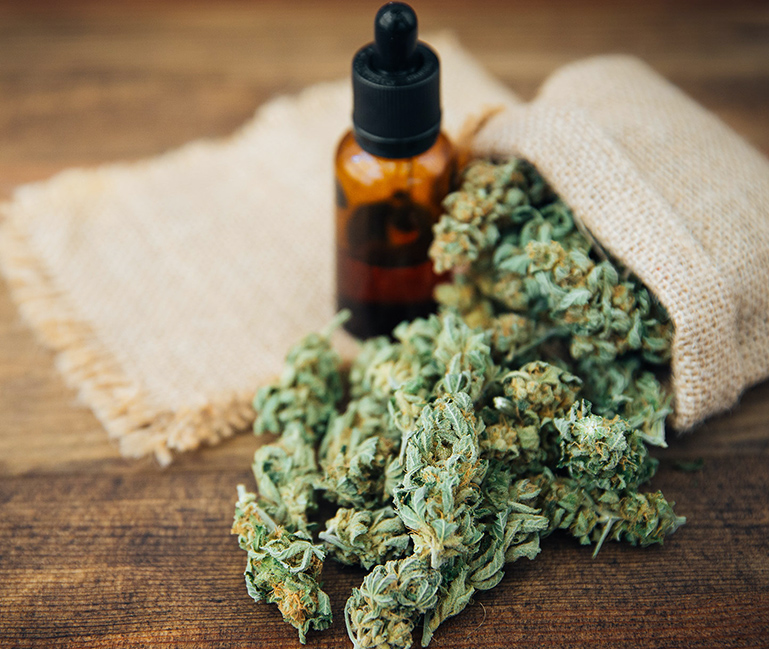+1-2353-4352-555 Mon-Sat : 10:00 - 19:00
Medical cannabis can be administered through various methods, including capsules, lozenges, tinctures, dermal patches, oral or dermal sprays, cannabis edibles, and vaporizing or smoking dried buds. Synthetic cannabinoids are available for prescription use in some countries, such as dronabinol and nabilone. Countries that allow the medical use of whole-plant cannabis include Australia, Canada, Chile, Colombia.

Nausea is an unpleasant, diffuse sensation of unease and discomfort, often.
Nausea is an unpleasant, diffuse sensation of unease and discomfort, often.
Nausea is an unpleasant, diffuse sensation of unease and discomfort, often.
Medical cannabis can be administered through various methods, including capsules, lozenges, tinctures, dermal patches, oral or dermal sprays, cannabis edibles, and vaporizing or smoking dried buds.




Get updates about our company and related news about canabis. Get exclusive access when we launch new products
Medical cannabis can be administered through various methods, including capsules, lozenges, tinctures, dermal patches, oral or dermal sprays, cannabis edibles, and vaporizing or smoking dried buds. Synthetic cannabinoids are available for prescription use in some countries, such as dronabinol and nabilone. Countries that allow the medical.
We’re proud to still be working with many of the same people that hired us in our early days.
The convention thus allows countries to outlaw cannabis for all non-research purposes but lets nations choose to allow use for medical and scientific purposes if they believe total prohibition is not the most appropriate means of protecting health and welfare.

The convention thus allows countries to outlaw cannabis for all non-research purposes but lets nations choose to allow use for medical and scientific purposes if they believe total prohibition is not the most appropriate means of protecting health and welfare.

The convention thus allows countries to outlaw cannabis for all non-research purposes but lets nations choose to allow use for medical and scientific purposes if they believe total prohibition is not the most appropriate means of protecting health and welfare.

The convention thus allows countries to outlaw cannabis for all non-research purposes but lets nations choose to allow use for medical and scientific purposes if they believe total prohibition is not the most appropriate means of protecting health and welfare.


Delivered in 24 hours

Aoround the world

50000+ Happy Customers

Delivered in 24 hours